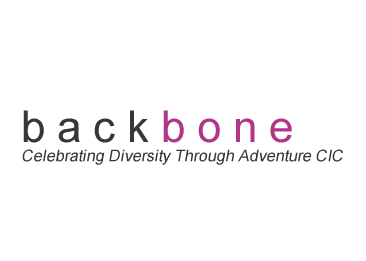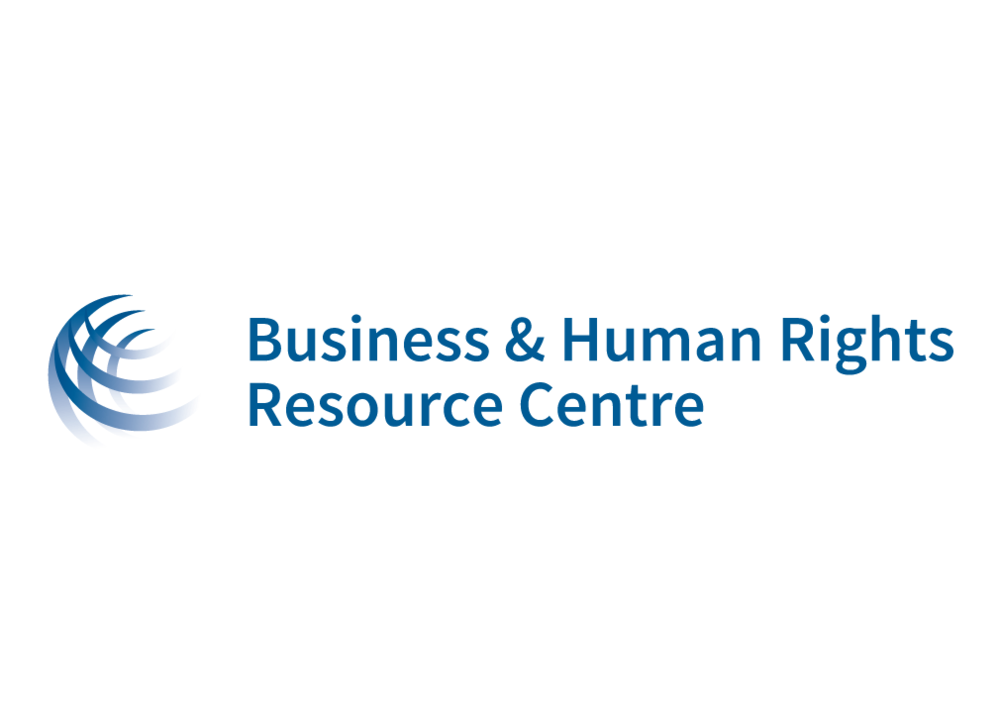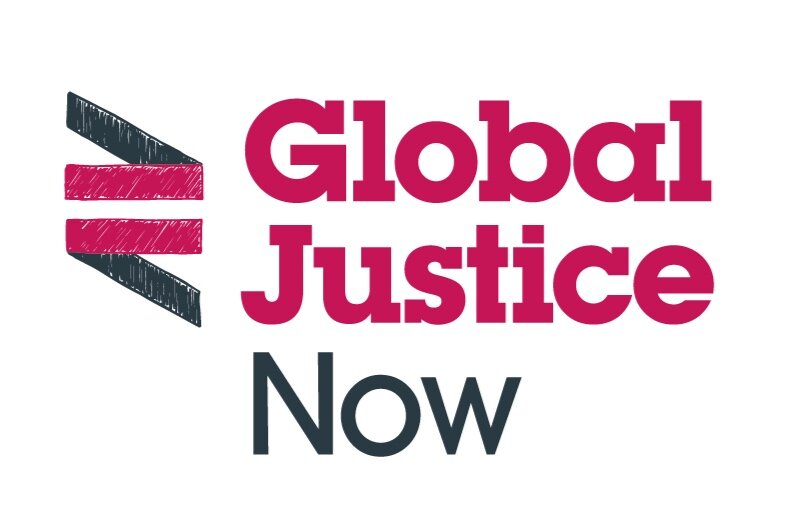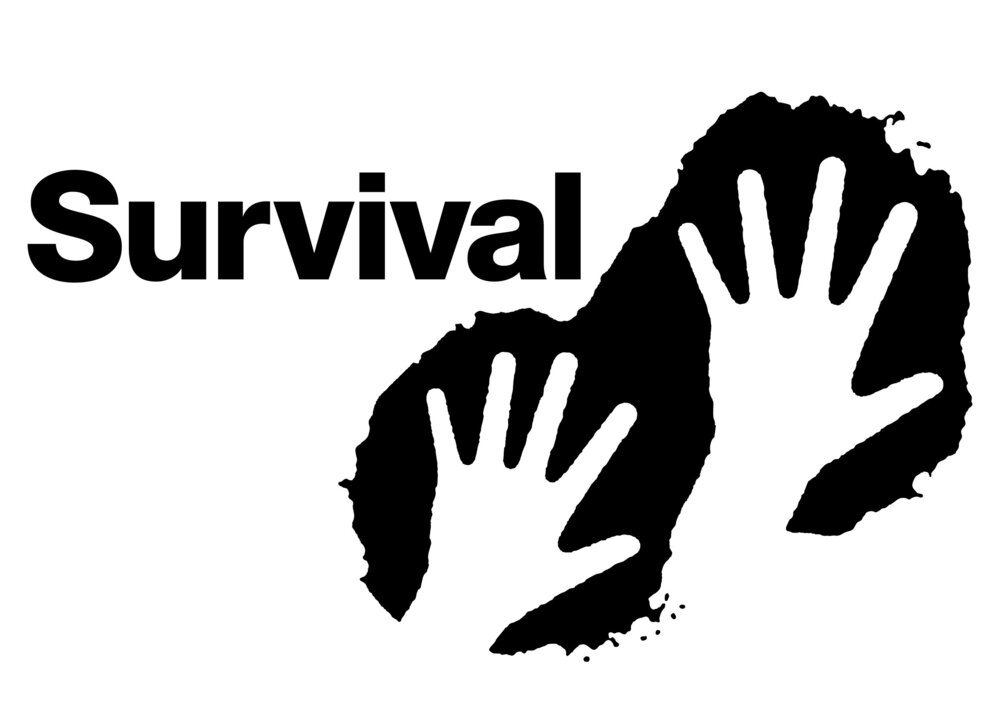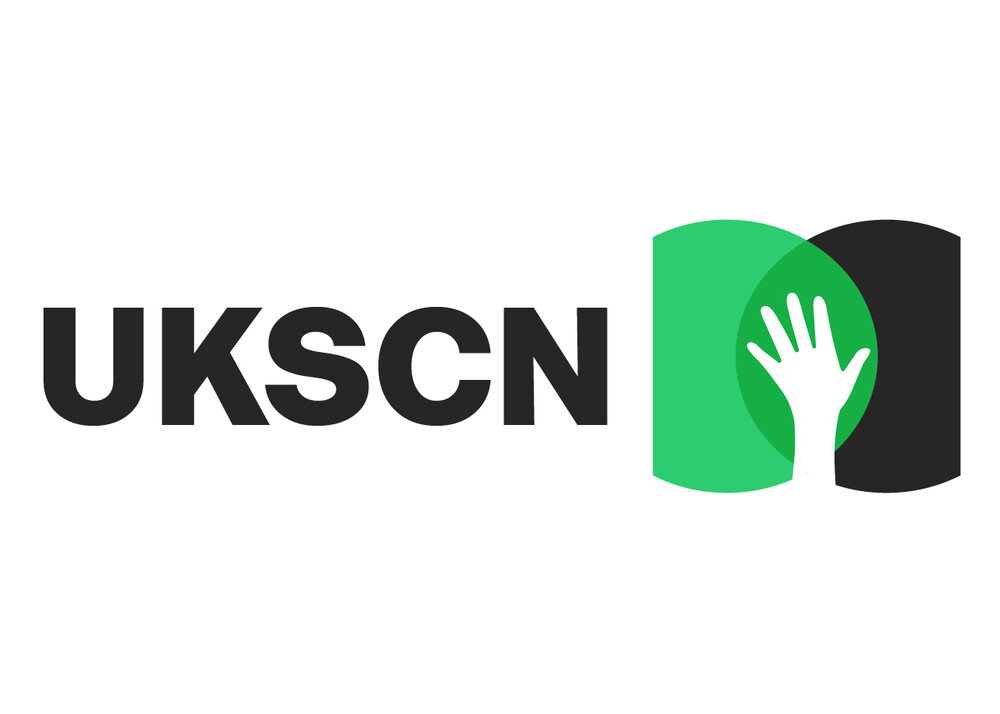EXTERNAL RESOURCES
We’ve selected these resources to help you learn how climate justice must and can be anti-racist.
These organisations’ work and research show how issues like renewable energy and conservation can be decolonised.
BACKBONE
Backbone is an environmental training organisation, established in 1995 by Pammy Johal to provide opportunities to marginalised groups, particularly Black and Minority Ethnic women. We design and deliver engaging environmental initiatives to encourage forward thinking and action on all issues pertinent to living and working in a diverse world. Influencing the way society perceives people from minority communities and organisations is the essence of what we do.
Renewable Energy & Human Rights
The Business & Human Rights Resource Centre reached out to 50 companies involved in renewable energy projects with a set of 10 questions on their approach to human rights, with a focus on community engagement. They received responses from 21 firms and conducted desk-based research on all 50.
Please find the company responses and results of their outreach at the link below.
The Case for Climate Justice
Place your free order here for Global Justice’s new booklet The Case for Climate Justice, beautifully illustrated by Jacob V Joyce and Andy Council.
Climate breakdown isn’t just an ecological crisis, serious though that is. It’s a crisis which exacerbates much of the inequality and injustice of the economic system it’s rooted in. But like climate change, economic systems are man-made.
This booklet argues that by building a climate justice movement that challenges the powerful, we can make a world where the needs of people and the planet matter more than corporate profits.
The minimum order is five to encourage you to please pass the booklet on to anyone that would be interested. If you know of a friendly café or social centre from which people will take and read a copy, or you simply know more people that would be interested please do order more.
How ‘nature deprived’ neighborhoods impact the health of people of color
Green spaces make people healthier and happier, but decades of systemic racism have left many people of color living in areas without access to nature.
Decolonise Conservation
Evidence proves indigenous people understand and manage their environment better than anyone else. 80% of Earth’s biodiversity is in tribal territories and when indigenous peoples have secure rights over their land, they achieve at least equal if not better conservation results at a fraction of the cost of conventional conservation programs.
But in Africa and Asia, governments and NGOs are stealing vast areas of land from tribal people and local communities under the false claim that this is necessary for conservation.
They then call the stolen land a “Protected Area” or “National Park” and keep out the original inhabitants, sometimes with a shocking level of violence. While tourists and other outsiders are welcomed in, the ecoguards and park rangers burn down local people’s homes, steal goods and vandalise property, and beat, torture, rape and kill local people with impunity.
UK Student Climate Network
UKSCN a group of youth strikers who work together to support youth strikes all over England and Wales. They run campaigns, work with other national movements and provide support to over 100 local groups across the country. They aim to create a new generation of young activists who are educated about society and the change we need, in order to work with other movements to change the system we live in.

